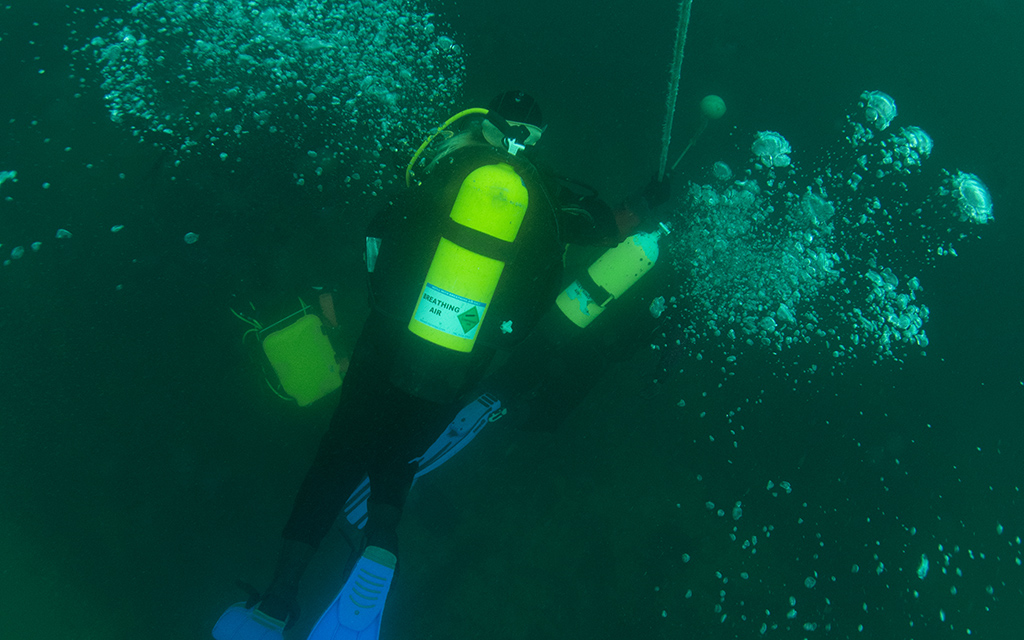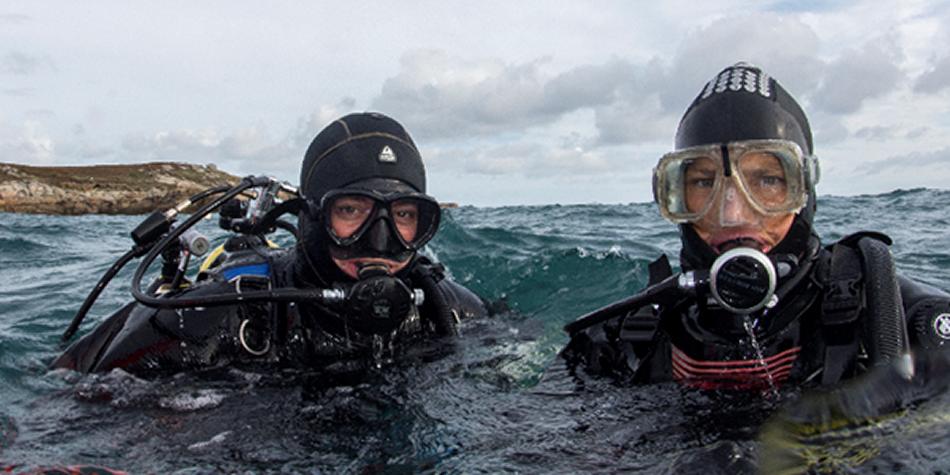
Photo credit: Jane Morgan
Thursday 25 July 2024 is World Drowning Prevention Day. Diving has its own contribution to make to drowning prevention as any fatal diving incident is reflected in the drowning statistics.
World Drowning Prevention Day is sponsored by the World Health Organization (WHO) with the principle that:
Anyone can drown, but it can almost always be prevented. Yet every year nearly a quarter of a million people lose their lives to drowning, and almost 82,000 of them are children aged 1 to 14 years.
The UK joins with the WHO in supporting not just the World Drowning Prevention day but has for many years had it’s own UK Drowning Prevention Strategy 2016-2026 developed and promoted by the National Water Safety Forum (NWSF), of which BSAC is a long standing member and significant contributor.
Diving has its own contribution to make to both strategies as any fatal diving incident is reflected in the drowning statistics and is something we all want to reduce. So how can divers help to contribute?
Look after yourself and other divers
Keeping yourself, your buddy and other divers safe in the water is surely an objective we all share? Making sure we take some simple steps to check we are fit to dive, our equipment is working correctly and adequate for the planned dive and other resources, such as club or private RHIB are also fit for purpose can set a clear foundation for a safe dive. Making sure your skills are up to date and that if you have had a substantial gap in diving that you build up progressively can equally ensure that the return to activity remains an enjoyable one. Perhaps most importantly keep an eye on others in your group and watch out for any tell-tale signs that something isn’t going to plan, and offer to help and support should you notice anything.
Train others
Instructors have a continual contribution to make in training and development of divers, something we have all benefitted from to get us to this stage. But there are more community-based actions that you could contribute to that could directly contribute to one of the WHO six evidence-based, low cost drowning prevention interventions, namely to train bystanders in ‘Safe Rescue and Resuscitation’. You could also contribute to some aspects of ‘Teach school-age children basic Swimming, Water Safety and Safe Rescue Skills'. That doesn’t mean your should teach swimming but that you could contribute to the water safety messaging as an integral part of offering a Try Dive.
Set an example
Divers and our extensive specialist equipment often present an interesting spectacle to other water users, or just families on the beach. Our activities should inspire many divers of the future to join our sport. So be seen to act responsibly and show respect to the water environment.
Finally please take a little time to look at the messaging of the WHO and NWSF drowning prevention information and promote safe, responsible and enjoyable diving and water use for all, not just for one day but always.
Stay safe – dive safe
Jim Watson
Safety and Development Manager


 Author: Jim Watson | Posted 25 Jul 2024
Author: Jim Watson | Posted 25 Jul 2024



